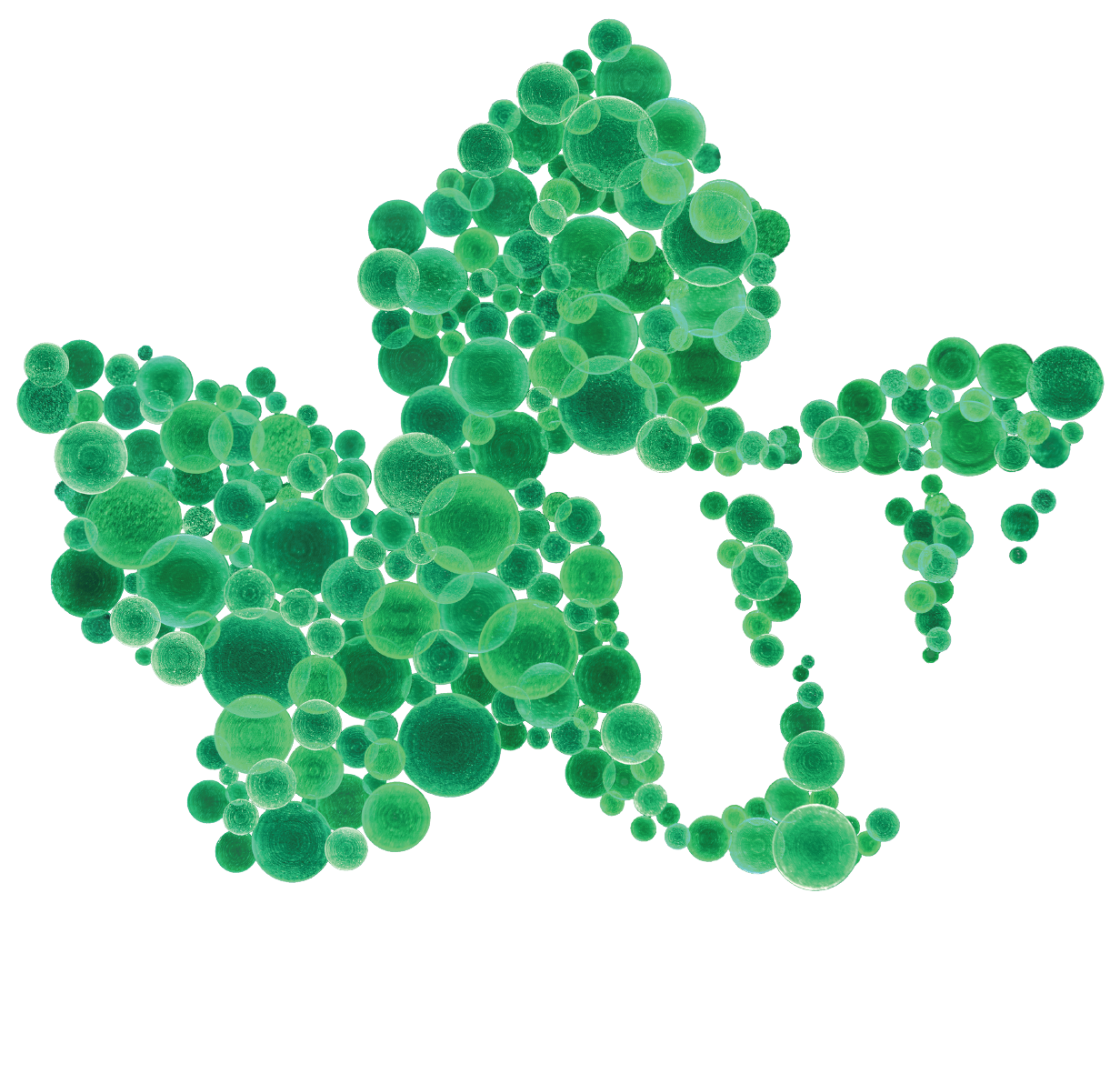Kendall College of Art and Design of Ferris State University’s (KCAD’s) Wege Center for Sustainable Design has announced the winners of Wege Prize 2016, the third iteration of the annual international competition challenging transdisciplinary teams of undergraduate students to design a product, service, or business model that can function within and facilitate a paradigm shift toward a circular economy, an economic model in which resources and capital are regenerative.
The five finalist teams in Wege Prize 2016 presented their bold ideas for the economy of the future to a judging panel of leading practitioners and advocates of design thinking and sustainability at the Wege Prize 2016 Awards, held on May 14 at KCAD. The teams’ solutions were evaluated on factors such as depth of research, technological and financial feasibility, alignment with circular economic principles, and potential for impact.
Winners:
1st Place - $15,000
Team name: Spaak+
Livio Bod (Netherlands) – Psychobiology/Logic, University of Amsterdam (Netherlands)
Dan Mulder (Netherlands) – Sustainable Business and Innovation, Utrecht University (Netherlands)
Josephine Nijstad (Netherlands) – Urban Systems Engineering, Wageningen University (Netherlands)
Martijn Savenije (Netherlands) – Urban Environmental Management, Wageningen University (Netherlands)
(left to right): Spaak+ members Martijn Savenije, Livio Bod, and Josephine Nijstad with their 1st place trophies at the Wege Prize 2016 Awards
Solution: Spaak+ developed a solution that focuses on creating an on-site waste treatment system for hospitals that minimizes environmental impact while maximizing the ability of the system to recover resources. The solution translates existing proven waste treatment processes into a hospital setting in a way that does not require extensive modification to existing infrastructure. View a complete overview of this solution here.
2nd Place - $10,000
Team name: Kenyan Youths for a Circular Economy (KYCE)
Stephanie Ageng’o (Kenya) – Law, Anglia Ruskin University (United Kingdom)
Lavender Micalo (Kenya) – Biochemistry, Roanoke College (United States)
Lydiah Mpyisi (Kenya) – Environmental Science and Biology, Roanoke College (United States)
Kathleen Muraya (Kenya) – Mathematics and Science, Westchester Community College (United States)
Phenny Omondi (Kenya) – Agronomy and Environmental Science, EARTH University (Costa Rica)
KYCE team members Lydiah Mpyisi (left) and Lavender Micalo (right) with their 2nd place trophies at the Wege Prize 2016 Awards
Solution: Using Kibera - the largest urban slum in Africa – as a model, KYCE developed a solution that focuses on creating self-sustaining systems for developing countries that can foster employment, improve sanitation and hygiene, enhance the livability of urban environments, and improve the overall health of communities. View a complete overview of this solution here.
3rd Place - $5,000
Team name: University of Michigan Sustainability Without Borders
Linnan Cao (China) – Civil Engineering, University of Michigan College of Engineering (United States)
Shayan Golafshani (United States) – Data Science, University of Michigan College of Literature, Science, and Arts (United States)
Nicholas Jansen (United States) – Program in the Environment, University of Michigan College of Literature, Arts, and Sciences
Tochi Nwogu (Nigeria) – Civil Engineering, University of Michigan College of Engineering (United States)
Brinda Yarlagadda (United States) – Environmental Engineering, University of Michigan College of Engineering (United States)
University of Michigan Sustainability Without Borders members Tochi Nwogu (left) and Brinda Yarlagadda (right) with their 3rd place trophies at the Wege Prize 2016 Awards
Solution: University of Michigan Sustainability Without Borders developed a solution that would help Technology for Tomorrow Ltd. – an existing company in Uganda that manufactures sanitary pads out of papyrus – adopt a circular model for meeting the heating and electricity needs of its production facilities through biomass gasification of papyrus and paper waste materials. View a complete overview of this solution here.
The five finalist teams were chosen out of an original field of 16 teams representing 19 different colleges and universities from around the world. Over the course of seven months, teams developed their ideas from a one-page proposal into a multifaceted design solution informed by their own research, ideation, and experimentation as well as direct feedback from the judges, culminating in the final presentations on May 14.
“I am incredibly proud of the courage of the winning teams and the elegance of their solutions,” said judge Michael Werner, who works for Apple as a Green Chemistry and Restricted Substances Manager. “These students are the change agents we need embedded in our businesses and communities; they are prototyping better ways of doing things. The students who succeed in Wege Prize are risk takers and rabble rousers who are constantly challenging the established norms of business and the systems around us. They won't stop until they realize a better future."
Judge Colin Webster, who works as an Education Program Manager for The Ellen MacArthur Foundation, added, "I was deeply impressed by the quality of submissions from our five finalist teams. Each had researched and planned their solution to the nth degree. The international flavor of this year's finalist teams was most satisfying, with participants from the Netherlands, Kenya, China, and Nigeria as well as the United States. I'm looking forward to meeting next year's teams already."
Thanks to the generous support of The Wege Foundation, which recently awarded $444,000 in grant funding to KCAD’s Wege Center for Sustainable Design to continue running the competition for the next four years, Wege Prize 2017 will be open to any undergraduate student in the world and will again be focused on the circular economy. Team registration will open in August 2016, but those interested in participating are encouraged to begin building their teams and brainstorming ideas now. Educators and other professionals who are interested in contributing their expertise are encouraged to contact wicked@wegeprize.org for more information.
Details about Wege Prize 2017 will be revealed in the coming weeks on wegeprize.org.





